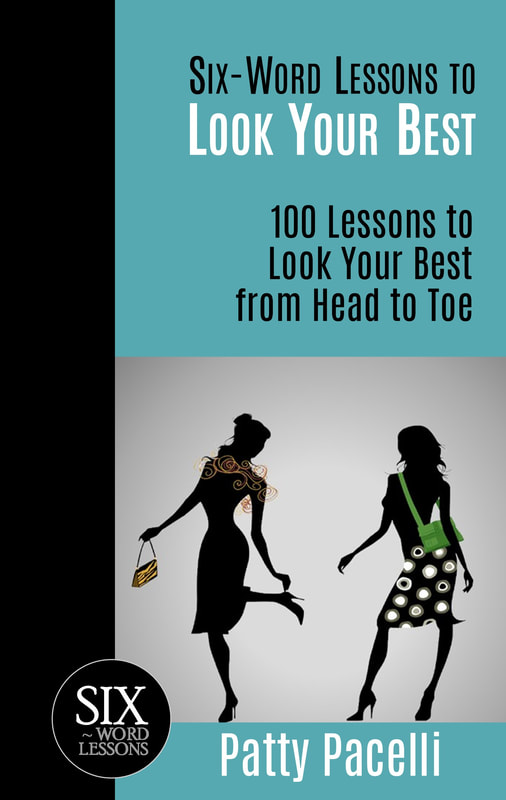 Emotional intelligence (or emotional quotient, EI or EQ) is widely viewed as a skill that leaders need to master to deliver results through others. According to Harvard Business School (HBS) Online, EI is the ability to understand and manage your emotions, as well as recognize and influence the emotions of those around you. The phrase was first used in 1990 by researchers John Mayer and Peter Salovey, and later popularized by psychologist Daniel Coleman. In addition, according to the United States National Institute of Health (NIH), as of 2019 there were more than 30 different measures of EI. The NIH distinguishes between ability EI, which measures constructs related to an individual’s theoretical understanding of emotions and emotional function; and trait EI, which measures typical behaviors in emotion-relevant situations. Quite honestly, much of the theory about EI and how it’s measured is pretty heady stuff and, unless you’re an EI wonk, you probably won’t take the time to make sense of it. My purpose in writing about the topic is to break it down to its core elements, apply it to the project management discipline, and help PMs be more effective at getting stuff done through others. EI is what we as PMs do as a core job discipline; PMs need to focus on and master it early in their careers. I boil EI down to four crucial building blocks, as follows: Read more at ProjectManagement.com.
0 Comments

I love baseball. I love watching the strategies, the big plays, the colossal errors (anyone remember poor Bill Buckner?) and the dramatic finishes. The Tampa Bay Rays, who in nine of their first ten years of existence finished dead last in their division (In 2004 they managed to beat out one team and finished fourth in their division), surprised everyone in 2008 by beating out such teams as the Boston Red Sox and the New York Yankees and made it to the World Series only to lose to the Philadelphia Phillies. Even though they lost the World Series, they were heroes in the eyes of millions who rooted for them and their storybook season.
One strategy that I particularly enjoy is the use of specialty players, of which the most prevalent is the "closer". The closer is a pitcher who is brought in for just a very short period of the game (typically the last inning of a game) to shut down opponent hitters and either secure a win for their team or allow a team who is behind to catch up in their last at-bat. 
Several years back I got into a conversation with a colleague about our kids. He told me of how he took his daughters to the circus. He wasn't able to afford it, but decided to go anyway. While they were at the circus, he looked over at his oldest daughter. The look on her face was one of utter contentment and delight. Seeing his daughter's face caused my colleague to get all choked up. The price of admission was redeemed through a priceless moment that my colleague shared with his daughter.
Confused about Velocity Banking? See my analysis and conclusions of using velocity banking versus just paying an extra payment towards your mortgage. Want the spreadsheet to do your own analysis? Download it here.
Lonnie Pacelli is the author of over 50 books on project management, leadership development, disability inclusion, and autism awareness. See his books, self-study seminars, and keynote addresses.
 Meet Ken the people pleaser. Ken felt guilty every time he couldn’t say yes to an ask. It was the ask from his friend Jan that weighed particularly heavy on him. Then came the magical elevator ride with the quirky elevator operator. He taught Ken the No-Guilt Plan which helped Ken respond to Jan intentionally, constructively, and without guilt. The No-Guilt Plan became a part of Ken’s everyday life and fundamentally changed how he responded to asks. Can the No-Guilt Plan do the same for you? Read a Sample | Get it on Amazon Download the Guilt Free Plan Excel Template to help you make better decisions.
 “What are all these people doing here?” Angela, the engineering manager, asked herself as she logged into the Teams meeting and saw 30 people already there ahead of her. Jeff, the project manager who called the meeting, began: “We have a request from management to update our budget numbers, which are due tomorrow. I need to go through each of the budget line items and confirm that what we have is still accurate.” “Jeff, we have a development milestone tomorrow that we’re all working hard to hit. Why do we have to do the budget update now?” Angela asked. “I understand, Angela, but my management wants the numbers.” “Jeff, there are a lot of people in here including my whole team. Is this a new request?” Anna, one of Jeff’s PM colleagues and Jeff’s mentor, responded, “Jeff, this ask has been out there for over a week. Why the fire drill?” Jeff paused. “Well, I’ve been really busy and am just getting to this. Can we just go through and verify numbers?” Angela tried to contain her frustration, “Jeff, we need to hit our dev milestone and I can’t have my team sitting in a meeting to verify budget numbers just because your management wants it. Do the best you can on your own; we need to get back to work. Sorry, Jeff.” Angela and her team dropped from the meeting while most of those who remained turned off their video to work on other things. Anna sent him a private message suggesting that he cancel the meeting and try to update numbers on his own. Jeff reluctantly agreed and canceled the meeting. “I try to be a good collaborator, but why does it seem I’m the only one collaborating?” Jeff asked himself as he closed out the Teams meeting. Read more at ProjectManagement.com. 
Some time back I was working with a leader who was having difficulty with his employees feeling empowered in their work. Ned (not his real name) was frustrated. "I don't understand it!" he stammered. "I assign tasks out, stay out of their way while they're completing the tasks, hold them accountable to dates, and praise them when the task is done well. I do all this yet my employees tell me I don't empower them. I'm ready to pull my hair out (ironically he was folically challenged)".

Some time back I did an interview on the importance of dinnertime. It reminded me of the importance of eating dinner as a family in the work/life balance equation so I thought I would post it here as well:
In your view, why aren't families sitting down to the dinner table like they did in the 1950s? Simple; families have allowed themselves to get so busy that they have come to accept that sitting down together for dinner isn't a necessity. It all starts with the parents; if they don't sit down together or enforce that the family will be eating together, the family won't do it. Make sitting down together the rule and not doing so the exception.  In the 2024 PMI Pulse of the Profession® report, the third of its three topics discusses enablers of greater project performance. Figure 15 on page 24 highlights the enablers, the percentage of organizations that support the enablers, and the project performance rate when those enablers are present. Now, I honestly have no issue with the enablers, nor do I hold any skepticism toward enabler/performance correlations, The bottom line is that enablers are simply there to help PMs be more successful, which is a good thing. My focus isn’t on the what and how, it’s on the why, when and who. Read more at ProjectManagement.com. |
Topics
All
Reprints
Contact Lonnie about article reprints. Please specify article you wish to reprint. Backlist
See Lonnie's Amazon Author Page Archives
July 2024
|
Lonnie Pacelli - Building Thriving Leaders™
Insightful | Creative | Direct Advice to Help Leaders Help Themselves
Keynote Speaker | Board Director | Autism Advocate | Author | Project Management Expert | Microsoft/Accenture Veteran
See his books on Amazon
Insightful | Creative | Direct Advice to Help Leaders Help Themselves
Keynote Speaker | Board Director | Autism Advocate | Author | Project Management Expert | Microsoft/Accenture Veteran
See his books on Amazon
Services |
About
|
© COPYRIGHT 2019. ALL RIGHTS RESERVED.
We are a participant in the Amazon Services LLC Associates Program, an affiliate advertising program designed to provide a means for us to earn fees by linking to Amazon.com and affiliated sites.
|


 RSS Feed
RSS Feed